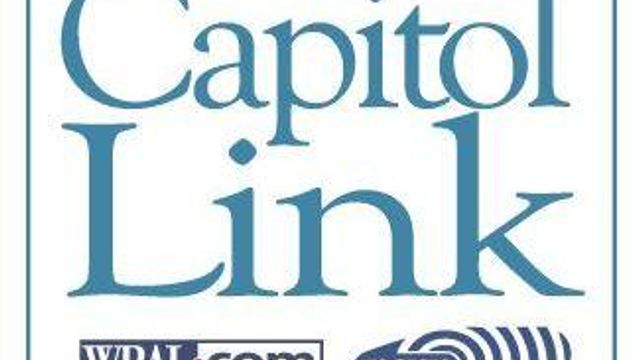State News
House begins debate on budget with cuts, taxes
A plan to raise $784 million in taxes would put millions back into education and human services.
Posted — UpdatedRALEIGH, N.C. — The House began debating Thursday what Democratic leaders call an austere North Carolina state government budget plan with deep education and health care cuts that could be eased somewhat if several hundred million dollars in taxes and fees are approved.
Faced with an unprecedented 11 percent decline in total tax collections compared to last year, the House had to dig $1.5 billion deeper than either the Senate or Gov. Bev Perdue recommended in their budget proposals less than three months ago.
"The House has had the job of completely rewriting the budget," said Rep. Jim Crawford, D-Granville, co-chairman of the House Appropriations Committee. "We've got a desperate situation and we'll continue to have a desperate situation."
The measure would raise $784 million in additional taxes, about $86 million in fees and spend $1.3 billion in federal stimulus money to close a budget shortfall.
Parliamentary rules require lawmakers to agree to the tax changes separately - including higher sales and income tax rates and levies on liquor and digital downloads - before the current budget can move forward.
That means the House couldn't approve a combined spending and tax plan until after the clock strikes midnight late Friday, at the earliest.
House and Senate leaders are aiming to present a final budget to Perdue before the new fiscal year begins July 1.
Even with the $784 million in proposed tax increases, funding for several thousand state positions still would be eliminated.
But the new taxes offer to lawmakers a carrot of restoring the most onerous spending cuts, such as dental and personal care services coverage through Medicaid, giving counties money to house misdemeanor offenders in local jails, and avoiding 2,600 teacher layoffs in kindergarten through third grade, Democrats said.
"The most decimating and dramatic and draconian cuts to the public school system can be avoided in the budget with the additional revenues," said Rep. Rick Glazier, D-Cumberland, co-chairman of the education appropriations subcommittee.
Republicans remain opposed to the taxes, arguing that spending levels should have been trimmed in the last two years when times were better.
"The people of North Carolina are in a bad recession," said House Minority Leader Paul Stam, R-Wake. "They've had to tighten their belts - government needs to."
Stam said the threat of deep cuts without new taxes has been overstated as a way to raise support from advocate groups to raise revenues, such as drafting schoolchildren to write e-mails.
"That's the oldest budget trick in the book," Stam said.
For example, he said, more than 10,000 teachers leave the profession annually through attrition, or more than the number of positions that had been set for elimination without taxes.
But Democrats said there was a real $4.6 billion shortfall that had to be filled as the result of the declining worldwide economy and that Republicans should welcome cuts to what have been determined to be nonessential programs.
"You have an obligation, friends, to support what is coming out of here," said Rep. Mickey Michaux, D-Durham, the House's chief budget-writer.
The budget bill would still increase class sizes on average by two students beginning in fourth grade to save $184 million, eliminate 200 literacy coaches in middle schools and raise University of North Carolina system tuition by a $200 maximum. Eight prisons and a juvenile offender facility would be closed.
State employees and public school teachers would get no pay raises. The Senate budget approved in April still let teachers receive their annual experience increase. There's also essentially no additional money for capital projects.
The proposed budget also is balanced by taking $270 million from dedicated pots of money, including funds from the national tobacco settlement and earmarked for state building repairs.
Higher fees to get married and divorced also would be required, while impaired drivers and motorists traveling 25 mph over the speed limit also would face additional $350 fines if convicted.
Copyright 2024 by WRAL.com and the Associated Press. All rights reserved. This material may not be published, broadcast, rewritten or redistributed.






